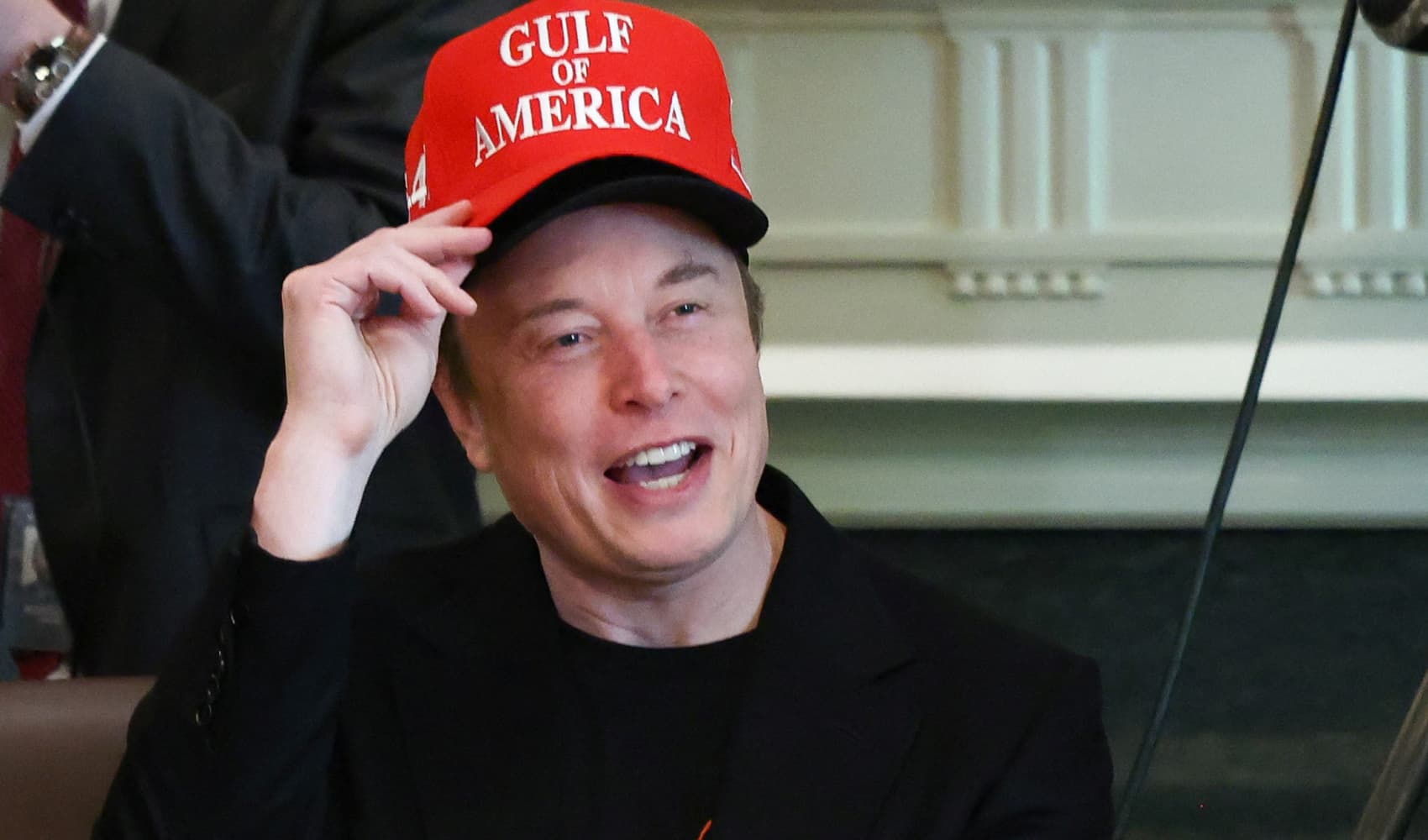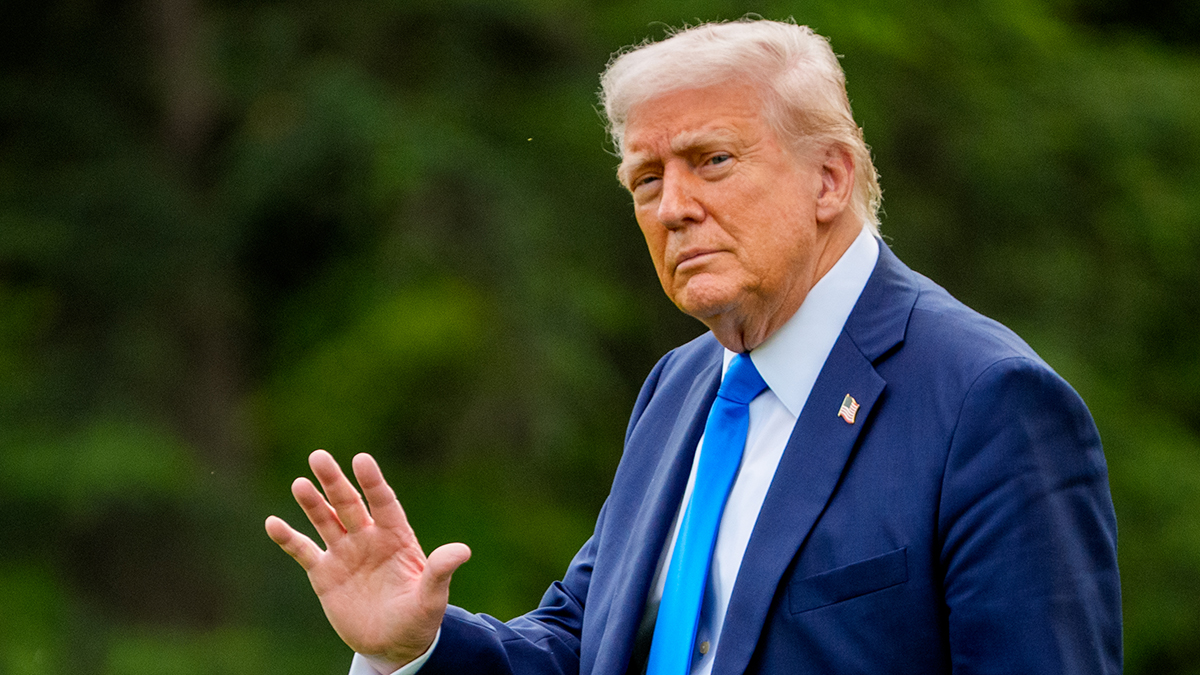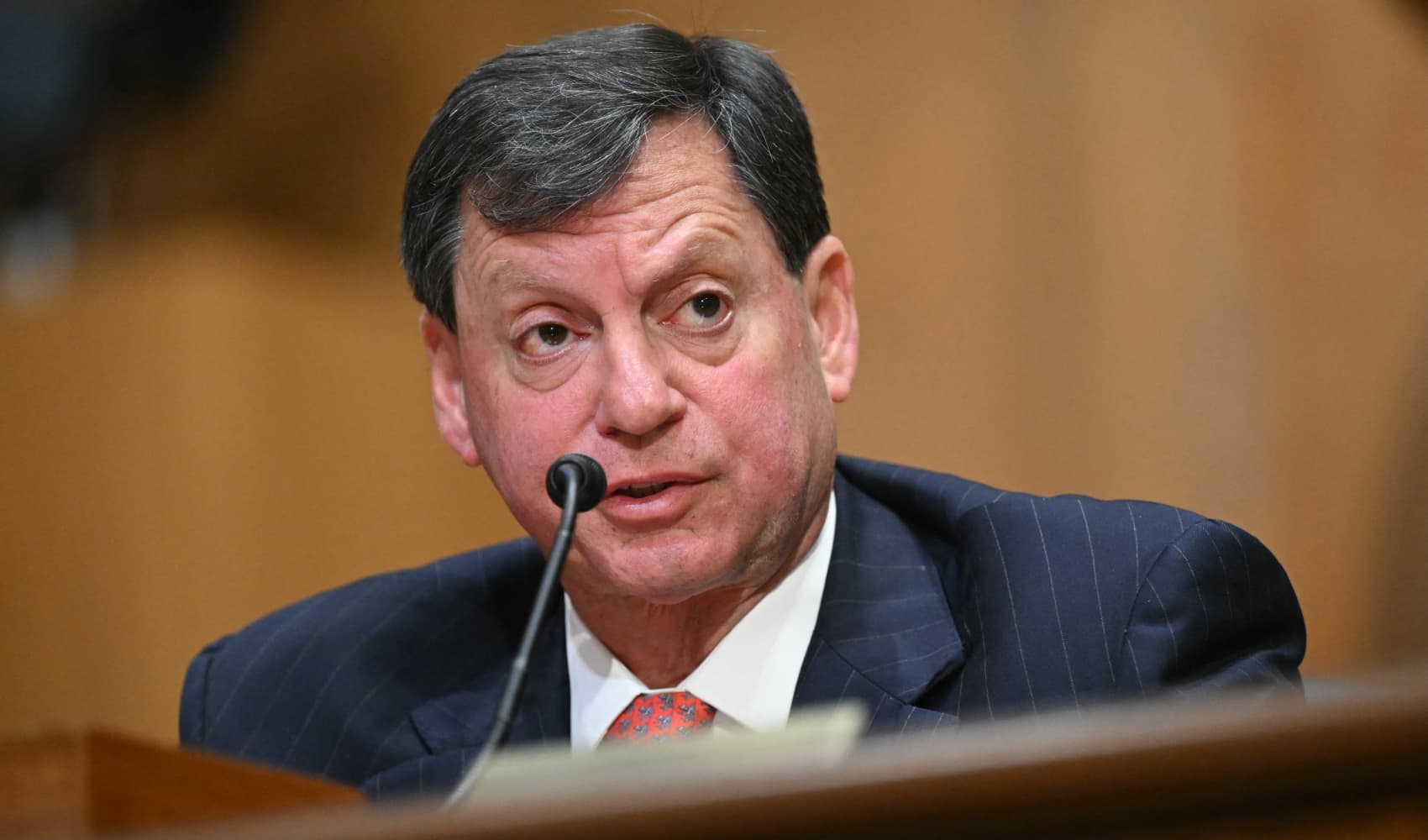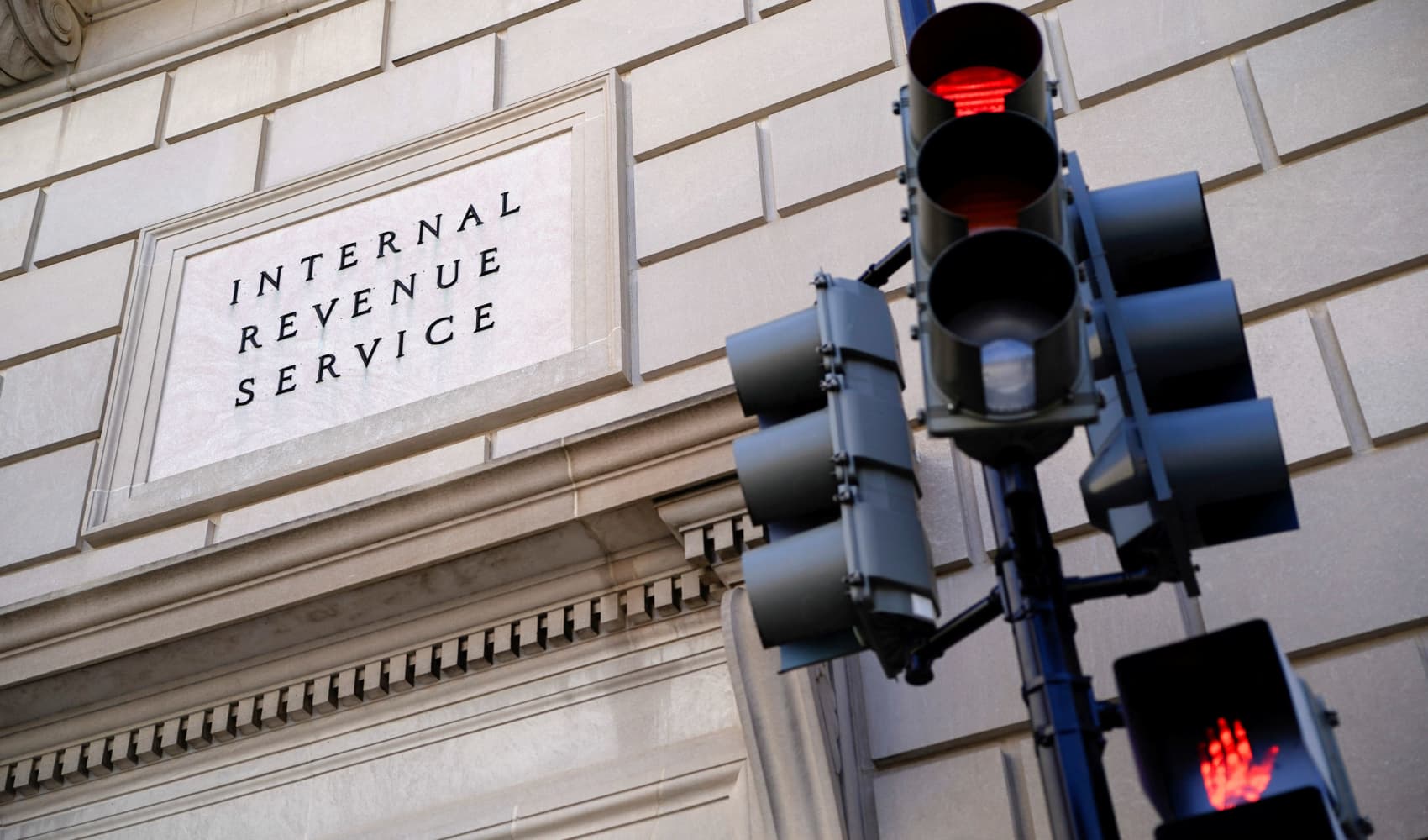DOGE Blocked: Court Protects Social Security Data Privacy!
DOGE Data Dive Halted: Court Shields Social Security Info!
Introduction: Protecting Your Privacy from Overreach
Have you ever felt like your personal information was just floating around, vulnerable to prying eyes? It's a scary thought, isn't it? Especially when we're talking about super-sensitive data like your Social Security number, medical history, or even family court records. That's why a recent court decision to block the Department of Government Efficiency (DOGE) from accessing such information at the Social Security Administration (SSA) is a huge win for privacy advocates. Think of it like this: your sensitive data is the crown jewels, and the court just reinforced the castle walls!
What is DOGE and Why is This Important?
The Department of Government Efficiency Explained
DOGE, or the Department of Government Efficiency, sounds innocent enough, right? In theory, it’s supposed to streamline government operations. However, as the saying goes, the road to hell is paved with good intentions. In this case, their access to sensitive data raised serious concerns about potential misuse and privacy violations. After all, power unchecked can lead to abuse.
Why Access to Social Security Data is a Big Deal
Why is Social Security data such a hot-button issue? Well, it's a treasure trove of deeply personal information. Your Social Security number is practically your digital key to everything – banking, employment, healthcare, and more. Access to medical records, mental health information, and family court details could have devastating consequences in the wrong hands. Imagine someone using this information to commit identity theft or blackmail. This injunction is a crucial step in preventing such scenarios.
The Judge's Ruling: A Victory for Privacy
Preliminary Injunction Granted
U.S. District Judge Ellen Lipton Hollander stepped in and issued a preliminary injunction. What does that mean exactly? It's essentially a temporary restraining order that prevents DOGE from accessing sensitive SSA data while the legal battle plays out. It's like hitting the pause button on a potentially dangerous situation.
Specific Data Protected by the Order
The order is very specific about the types of data DOGE can no longer freely access. We're talking about:
- Social Security numbers
- Medical records
- Mental health records
- Tax information
- Family court records
- Personally identifiable information (PII)
That's a comprehensive list of information that deserves strong protection.
Why Was DOGE Granted Access in the First Place?
The Push for Government Efficiency
The argument for granting DOGE access likely stemmed from a desire to improve government efficiency. The idea might have been that with access to more data, DOGE could identify areas for improvement and streamline processes. But at what cost? Sometimes, the pursuit of efficiency can trample on individual rights and privacy.
Concerns Raised by Privacy Advocates
Privacy advocates have been sounding the alarm about DOGE's access for quite some time. They argued that the potential for abuse outweighed any perceived benefits. The question was, "How can we ensure this data is used responsibly and not for nefarious purposes?" The lack of clear safeguards and oversight was a major concern.
The Legal Requirements DOGE Must Now Comply With
New Standards for Data Access
The injunction doesn't necessarily mean DOGE can never access SSA data again. It simply means they have to play by stricter rules. They'll likely need to demonstrate a legitimate need for the data, obtain specific authorization for each request, and implement robust security measures to protect the information.
Increased Oversight and Accountability
One of the key outcomes of this ruling is increased oversight. There will likely be more scrutiny of DOGE's activities, with independent auditors monitoring their data access practices. Accountability is crucial to ensure that privacy safeguards are followed.
The Impact on Social Security Recipients
Increased Peace of Mind
For millions of Social Security recipients, this ruling brings a sigh of relief. Knowing that their sensitive information is better protected offers a sense of security and peace of mind. It's a reminder that their privacy rights are valued and defended.
Potential Future Implications
This case could set a precedent for future data privacy battles. It highlights the importance of striking a balance between government efficiency and individual privacy. It's a conversation we need to keep having as technology advances and data becomes increasingly valuable.
The Broader Context of Data Privacy
Data Breaches and Identity Theft
We live in a world where data breaches are becoming increasingly common. News headlines are filled with stories of hackers stealing sensitive information from corporations and government agencies. The risk of identity theft is ever-present. This ruling underscores the need for constant vigilance and strong data protection measures.
The Role of Government in Protecting Privacy
Governments have a responsibility to protect the privacy of their citizens. This includes enacting laws that limit the collection and use of personal data, as well as providing oversight of government agencies that handle sensitive information. The Social Security Administration case highlights the importance of this role.
What You Can Do to Protect Your Data
Monitor Your Credit Reports
One of the best ways to detect identity theft is to regularly monitor your credit reports. You can obtain free copies of your credit reports from each of the three major credit bureaus (Equifax, Experian, and TransUnion) once a year.
Be Careful What You Share Online
Think twice before sharing personal information online, especially on social media. Once something is out there, it can be difficult to remove. Remember, what goes on the internet, stays on the internet.
Use Strong Passwords and Enable Two-Factor Authentication
Protect your online accounts with strong, unique passwords and enable two-factor authentication whenever possible. This adds an extra layer of security that can help prevent unauthorized access.
The Future of Data Privacy Litigation
Potential for Further Legal Challenges
This may not be the end of the legal road for DOGE and the SSA. There could be further legal challenges, depending on the outcome of the preliminary injunction and any subsequent investigations. The fight for data privacy is an ongoing process.
Importance of Ongoing Advocacy
Privacy advocates will continue to play a crucial role in shaping data privacy policy. By raising awareness and advocating for stronger protections, they can help ensure that individuals' rights are respected. Your voice matters in this fight!
Conclusion: A Crucial Step, Not the Final Destination
The court's decision to block DOGE's unrestricted access to sensitive Social Security data is a significant victory for privacy. It sends a clear message that government efficiency cannot come at the expense of individual rights. While this injunction offers immediate protection, it's crucial to remember that the fight for data privacy is far from over. We must remain vigilant, advocate for stronger protections, and hold government agencies accountable for safeguarding our personal information.
Frequently Asked Questions (FAQs)
Here are some frequently asked questions about the DOGE data access case:
What exactly is a preliminary injunction?
A preliminary injunction is a court order that temporarily prohibits a party from taking a particular action. In this case, it prevents DOGE from accessing sensitive SSA data while the court considers the broader legal issues.
Does this mean DOGE can never access Social Security data again?
Not necessarily. The injunction requires DOGE to comply with stricter legal requirements before accessing SSA data, such as demonstrating a legitimate need and implementing strong security measures.
How does this ruling affect me as a Social Security recipient?
This ruling provides greater protection for your sensitive personal information, such as your Social Security number, medical records, and tax information. It reduces the risk of unauthorized access and potential misuse of your data.
What steps can I take to further protect my privacy?
You can monitor your credit reports, be careful about what you share online, use strong passwords and enable two-factor authentication, and be aware of phishing scams and other online threats.
Why is data privacy so important?
Data privacy is essential for protecting your identity, financial security, and personal well-being. Unauthorized access to your data can lead to identity theft, financial fraud, and other serious consequences.





